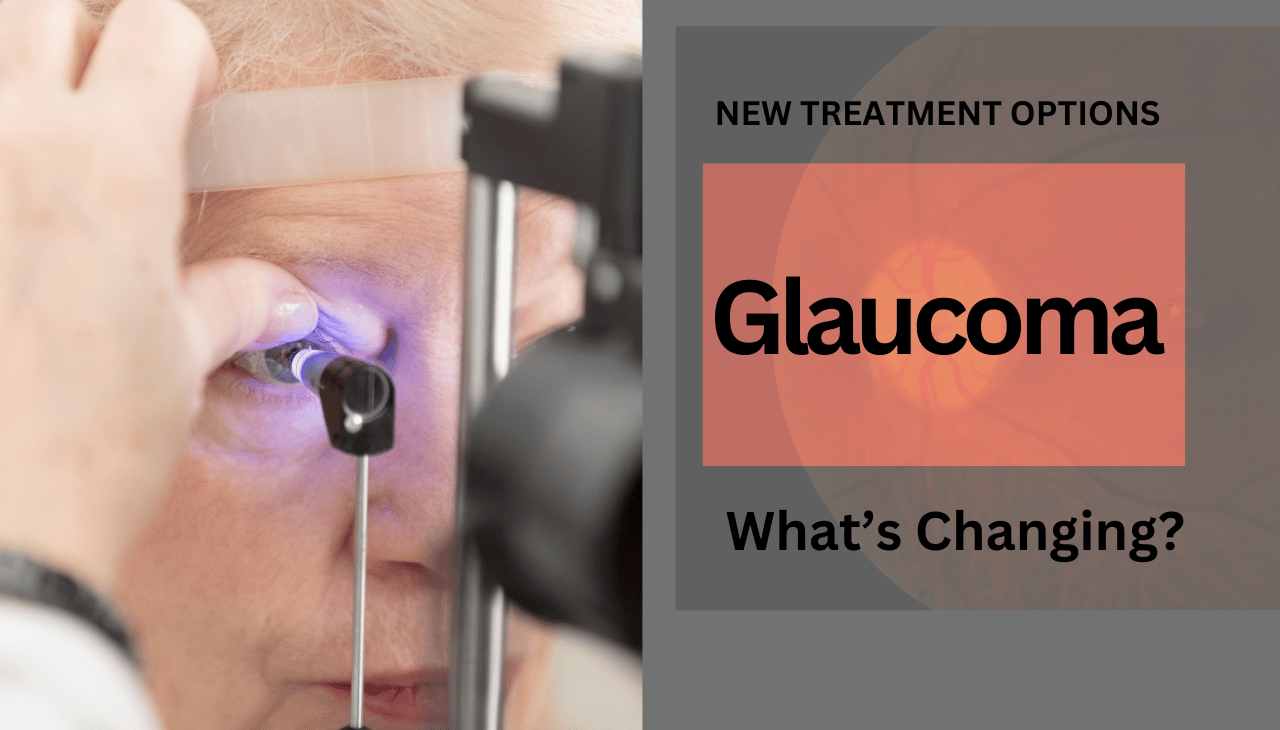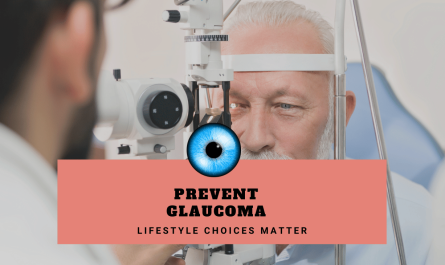Introduction
Glaucoma, often called the “silent thief of sight,” is one of the leading causes of irreversible blindness worldwide. This progressive eye disease damages the optic nerve due to increased intraocular pressure (IOP). Early detection and timely treatment are crucial to preserving vision. Fortunately, advancements in glaucoma treatment are offering new hope to patients. This blog explores the latest treatment options, their effectiveness, and what they mean for those diagnosed with it.
Understanding Glaucoma: The Basics

Glaucoma is a group of eye conditions that damage the optic nerve, crucial for vision. It typically results from high pressure inside the eye, although some forms can occur with normal eye pressure. There are several types of glaucoma, including:
- Open-angle glaucoma: The most common form, where the drainage angle remains open, but fluid buildup gradually increases eye pressure.
- Angle-closure glaucoma: A less common but more severe form where the drainage angle is blocked, leading to sudden and extreme pressure spikes.
- Normal-tension glaucoma: Occurs even with normal eye pressure, likely due to poor blood flow to the optic nerve.
Causes, Symptoms, and Risk Factors
Causes
It occurs when the eye’s drainage system fails to function properly, leading to fluid accumulation and increased pressure. Factors contributing to it include:
- Genetic predisposition
- Age (higher risk for people over 40)
- Diabetes and hypertension
- Long-term use of corticosteroids
Symptoms
Many people experience no early symptoms, making regular eye exams essential. As the disease progresses, symptoms may include:
- Gradual loss of peripheral (side) vision
- Blurred vision or halos around lights
- Eye pain or redness (in acute cases)
- Severe headache and nausea (for angle-closure glaucoma)
New and Emerging Glaucoma Treatment Options
Advancements in glaucoma treatment focus on reducing eye pressure and preserving vision. While traditional options like eye drops and surgery remain effective, newer therapies are enhancing patient outcomes.
1. Minimally Invasive Glaucoma Surgery (MIGS)
MIGS is a revolutionary approach offering safer, quicker procedures with faster recovery times. Some common MIGS techniques include:
- iStent & Hydrus Microstent: Tiny devices implanted to improve fluid drainage and lower IOP.
- Trabecular Bypass Surgery: Creates a bypass channel in the trabecular meshwork to enhance drainage.
- Endoscopic Cyclophotocoagulation (ECP): Uses laser energy to reduce fluid production from the eye’s ciliary body.
2. Laser Therapies
Laser treatments are becoming more refined, providing effective and less invasive alternatives to traditional surgery:
- Selective Laser Trabeculoplasty (SLT): Uses low-energy laser pulses to enhance fluid drainage.
- Micropulse Laser Therapy: Delivers laser energy in pulses to minimize tissue damage while lowering IOP.
3. Sustained-Release Drug Implants
New drug delivery systems ensure continuous medication release without the need for daily eye drops. Examples include:
- Bimatoprost SR: A biodegradable implant that provides up to six months of IOP reduction.
- Durysta: A single-use implant delivering medication directly into the eye.
4. Gene Therapy and Neuroprotection
Emerging research in gene therapy aims to modify genetic factors contributing. Additionally, neuroprotective treatments focus on preventing optic nerve damage rather than just reducing eye pressure.
Seeking Professional Consultation
Laxmi Eye Hospital is one of the largest chains of eye hospitals in Mumbai, known for over 30 years of excellence in eye care. With a team of experienced ophthalmologists and a commitment to transparent treatment, Laxmi Eye Hospital provides top-notch diagnostic and treatment facilities for glaucoma, cataracts, LASIK, and other eye conditions.
Why Choose Laxmi Eye Hospital?
- Expert ophthalmologists with extensive experience in glaucoma treatment.
- Advanced diagnostic tools for early glaucoma detection.
- State-of-the-art facilities offering MIGS, laser therapies, and advanced drug delivery systems.
- Convenient locations in Panvel, Kharghar, Kamothe, and Dombivli.
Clinic Locations and Contact Information:
- Laxmi Eye Clinic (Dombivli): SS Business Park, Gharda Circle, Dombivli East, Mumbai, Maharashtra 421201
- Laxmi Eye Clinic (Kharghar): Anant CHS Plot 31, Sector 04, Kharghar, Navi Mumbai, Maharashtra 410210
- Laxmi Eye Hospital & Institute (Panvel): Mulla Hamid Rd, Old Panvel, Navi Mumbai, Maharashtra 410206
- Laxmi Eye Institute (Kamothe): Near ICICI Bank, Kamothe, Navi Mumbai, Maharashtra 410209
Book an appointment today for a comprehensive glaucoma consultation.
FAQs
1. Can glaucoma be cured? No, It cannot be cured, but early detection and treatment can prevent vision loss.
2. How often should I get my eyes checked for glaucoma? Adults over 40 should have an eye exam every 1-2 years, and those at higher risk should schedule yearly exams.
3. Are glaucoma treatments painful? Most treatments, including laser therapies and MIGS, are minimally invasive and cause little to no pain.
4. Can lifestyle changes help manage glaucoma? Yes, regular exercise, a healthy diet, stress management, and avoiding excessive caffeine can help maintain stable eye pressure.
5. Is laser surgery a permanent solution for glaucoma? Laser surgery can provide long-term IOP reduction, but some patients may need additional treatments over time.
6. Are glaucoma medications safe? Yes, but they may have side effects like eye irritation or dryness. Consult your doctor for alternatives if needed.
7. Can I continue wearing contact lenses after glaucoma treatment? It depends on the type of treatment. Some laser procedures or surgeries may temporarily restrict contact lens use.
Conclusion
Glaucoma is a serious but manageable condition with the right treatment approach. Thanks to advancements in technology, patients now have access to safer, more effective treatments that enhance their quality of life. Regular eye exams, early detection, and expert consultation at Laxmi Eye Hospital can help safeguard vision for the future. If you or a loved one is at risk of glaucoma, book an appointment today for expert care and treatment.




